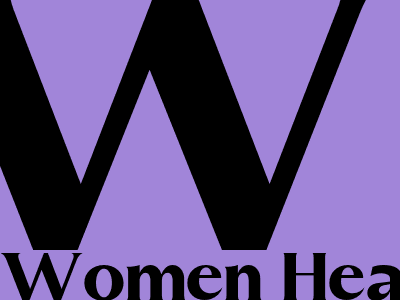
Women's Health Devices Market on the Rise
Hill-Rom, Natural Cycles, iSono Health, Omron, HeraBEAT Driving Growth
Market Overview
The global women's health devices market is experiencing significant growth, driven by the increasing prevalence of chronic conditions, rising awareness about women's health, and technological advancements.
According to a recent report by MarketWatch, the market is projected to reach USD 62.7 billion by 2028, exhibiting a CAGR of 6.5% during the forecast period from 2023 to 2028.
Key Market Players
Major players in this market include Hill-Rom, Natural Cycles, iSono Health, Omron, and HeraBEAT.
These companies offer a wide range of devices, including breast pumps, fertility monitors, blood glucose meters, and pelvic floor exercisers.
Hill-Rom, a leading provider of medical equipment, has a strong presence in the women's health devices market with its innovative products and extensive distribution network.
Natural Cycles is a Swedish company that has gained popularity for its fertility monitoring app and wearable device that uses advanced algorithms to track women's menstrual cycles.
iSono Health specializes in developing ultrasound devices specifically designed for women's health, offering portable and easy-to-use devices for home use.
Omron, a Japanese multinational, has a wide range of women's health devices, including blood pressure monitors, thermometers, and body composition scales.
HeraBEAT is a Finnish company that offers AI-powered breast health monitoring devices that can detect breast cancer and other breast abnormalities at an early stage.
Factors Driving Growth
The growth of the women's health devices market is attributed to several factors, including the increasing prevalence of chronic conditions such as diabetes and heart disease among women.
Rising awareness about women's health and the importance of preventive care is also driving demand for self-monitoring and self-management devices.
Technological advancements and the miniaturization of devices have made it possible to develop portable and user-friendly devices that can provide accurate and reliable health data.
Market Challenges
Despite the growth potential, the women's health devices market faces certain challenges, including regulatory hurdles and reimbursement issues.
Strict regulatory requirements and lengthy approval processes can delay the launch of new products and hinder market entry for new players.
In some cases, reimbursement policies may not cover the costs of certain women's health devices, limiting access for low-income consumers.
Market Opportunities
The growing demand for personalized and preventive healthcare creates significant opportunities for the women's health devices market.
The development of wearable and connected devices that can continuously monitor health parameters and provide personalized insights can further drive market growth.
Collaboration between healthcare providers, device manufacturers, and technology companies can lead to innovative solutions that meet the evolving needs of women's health.